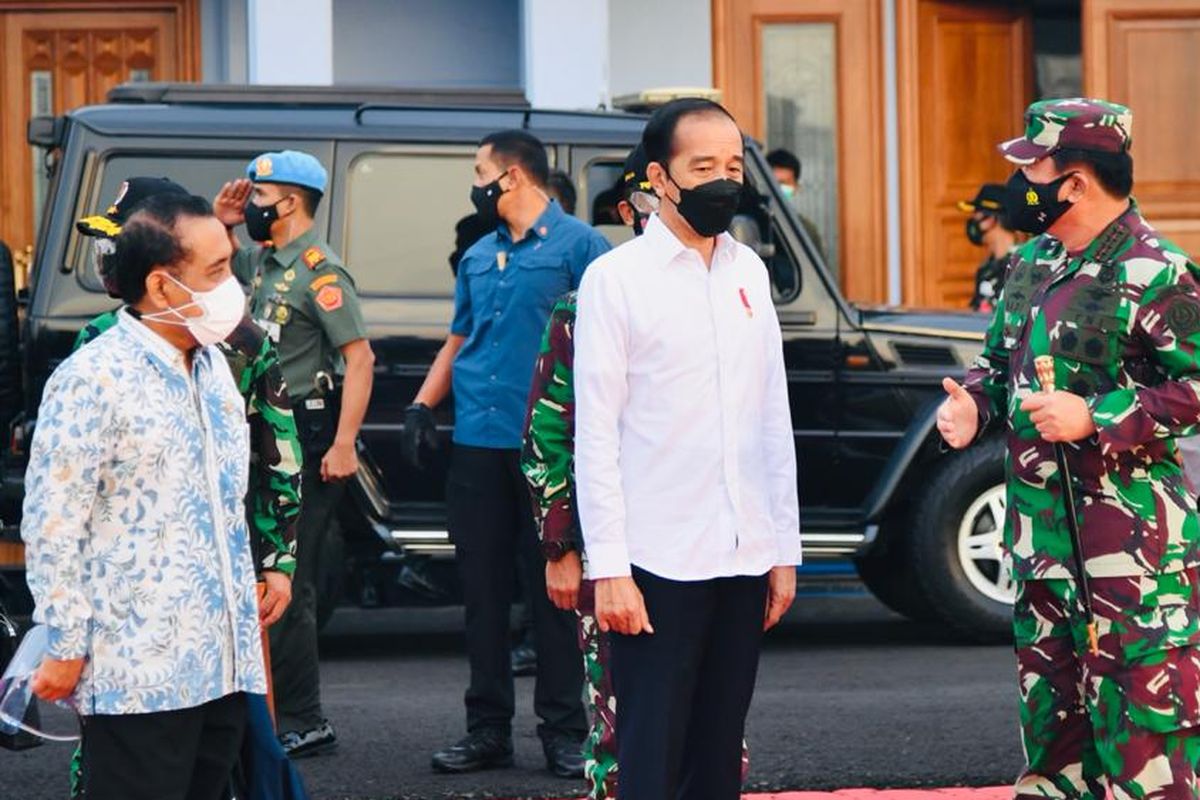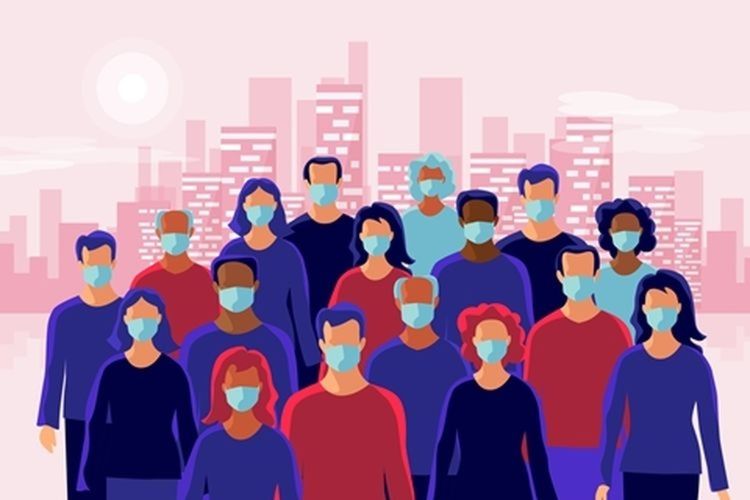Indonesia to Start Enforcing Emergency PPKM in Java and Bali

JAKARTA, KOMPAS.com – The government plans to carry out Emergency Enforced Micro-Scale Restriction of Community Activities or PPKM to mitigate Indonesia’s Covid-19 case numbers, which has been surging since the Islamic Eid al-Fitr or Idul Fitri holidays last May.
Speaking at an Indonesian Chamber of Commerce or Kadin annual meeting in Kendari, Southeast Sulawesi province, President Joko Widodo admitted that enforcement of Emergency PPKM, which is a more rigorous version of the policy, is inevitable, particularly in Indonesia’s leading population centers.
“The emergency PPKM will particularly focus on Java and Bali, as [both islands] have six provinces containing 44 regencies and cities,” said the President, who is also known as Jokowi.
Our particular focus on these areas are in accordance to guidelines laid out by the World Health Organization [WHO].”
Also read: President Jokowi: PPKM Remains Indonesia's Most Viable Policy Against Covid-19
While President Jokowi has yet to officially announce when the policy will come into force, a number of proposals on the policy have been disclosed to the public.
These included the appointment of Coordinating Minister of Maritime Affairs and Investment Luhut Binsar Pandjaitan to oversee the enforcement of Emergency PPKM.
“Luhut suggested a number of moves for Emergency PPKM,” said the Ministry of Maritime Affairs and Investment spokesman Jody Mahardi.
“These include enforcing the policy from July 3 to July 20 to reduce daily case numbers from the current level of more than 20 thousand to less than 10 thousand, online learning instead of face-to-face classes, and all offices to work from home for non-essential sectors.”

However, even fields deemed essential were subject to strictures. “50 percent of employees in financial sectors such as banking and the stock market, information technology and hotels are allowed to work from the office at any one time,” Jody added.
“100 percent of employees in essential fields such as energy, the health sector, security, logistics and transportation are permitted to work from the office under rigorous health protocols.”
Luhut also suggested “the closing of malls, though supermarkets are still permitted to open up to 8 pm with 50 percent capacity. Restaurants are not allowed to open for dine in, only for deliveries and take away.”
The former four-star general also suggested that activities in “houses of worship such as mosques, churches and temples be closed during the Emergency PPKM. Closures will also apply to cultural, athletic and charity events.”
Also read: Jakarta Tightens PPKM, Extends the Policy in the Capital
However, Luhut allowed public transportation and rental vehicles to operate at 70 percent capacity. He also allowed wedding receptions to be held with tight health protocols.































